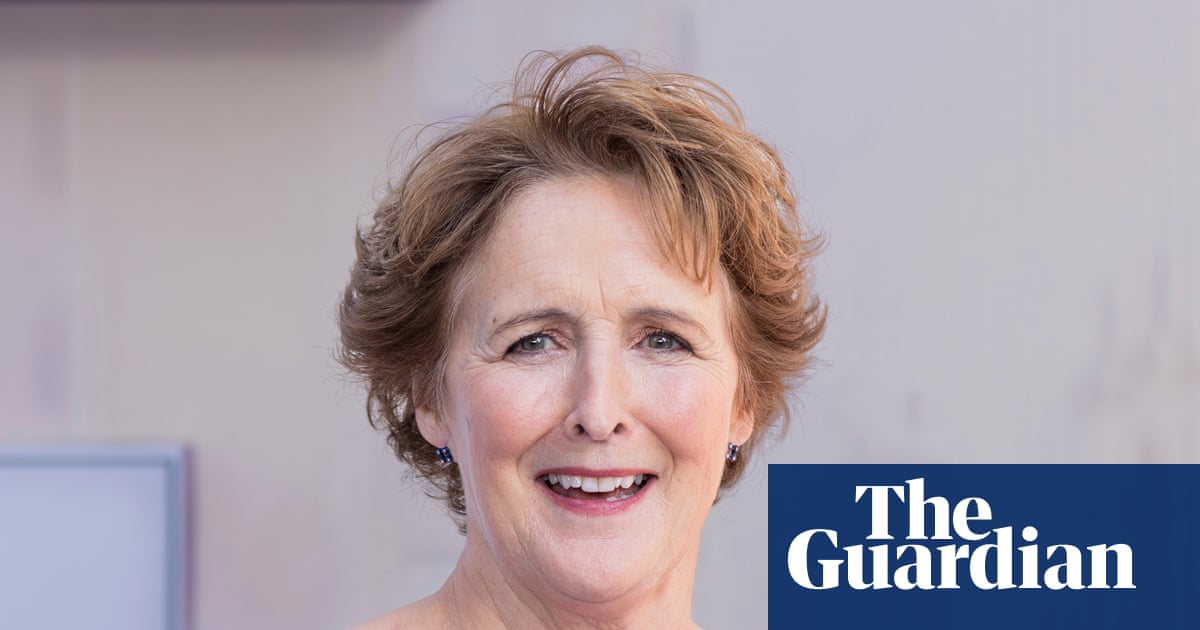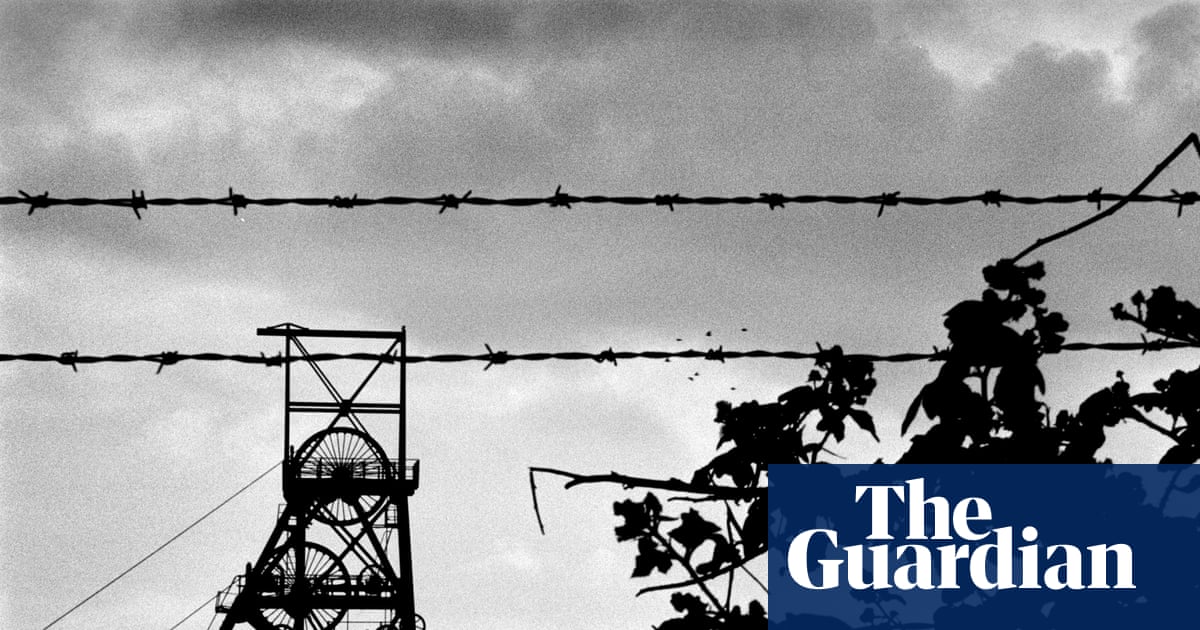Nine out of 10 nurses have rejected their 3.6% pay award for this year and warned that they could strike later this year unless their salaries are improved.
In an indicative vote among members of the Royal College of Nursing (RCN) in England, Wales and Northern Ireland, 91% said the 3.6% rise was not enough.
The union has told ministers to “use the summer to reach agreement on investment in the nursing workforce or face formal escalation to a dispute and an industrial action ballot”.
Nurses’ overwhelming rejection of their pay award is a new NHS industrial relations headache for ministers in London, Cardiff and Belfast, especially for Wes Streeting, the health secretary, who is trying to resolve strikes by resident doctors in England seeking a 29% pay rise.
The RCN said: “In the largest consultation ever conducted by the RCN 91% said the NHS staff pay award of 3.6% was not enough to turn around a profession gripped by widespread vacancies, years of pay erosion and thwarted career progression.”
Turnout was 56%, and more than 170,000 RCN members in England voted, the union said. But it did not provide exact turnout numbers or a breakdown of the voting across the three countries.
“We deliver the vast majority of care in every [NHS] service and deserve to be valued for all our skill, knowledge and experience,” said Prof Nicola Ranger, the RCN’s general secretary and chief executive. “To avoid formal escalation, the government must be true to its word and negotiate on reforms of the outdated pay structure, which traps nursing staff at the same band their entire career.”
Nurses in England staged several stoppages in late 2022 and early 2023 in pursuit of better pay.
Public opinion is split on the prospect of a renewed campaign of walkouts by nurses. Polling by YouGov earlier this week found slightly more would back strikes. Overall 47% said they strongly or somewhat supported nurses going on strike over pay, while 43% said they would strongly or somewhat oppose that. YouGov surveyed 4,311 adults.
The Department of Health and Social Care said it was disappointed nurses in England had rejected the 3.6% award which Streeting announced in May. “After receiving two above-inflation pay rises from this government, new full-time nurses will earn £30,000 in basic pay for the first time this year so it’s disappointing that RCN members are dissatisfied with this year’s pay rise,” a DHSC spokesperson said.
after newsletter promotion
“We hugely value the work of nurses, and through our 10-year health plan, we are rebuilding the NHS for the benefit of patients and staff, and ensuring nursing remains an attractive career choice.
“This government is clear we can’t move any further on headline pay but will work with the RCN to improve their major concerns, including pay structure reform, concerns on career progression and wider working conditions.”

 3 months ago
109
3 months ago
109

















































